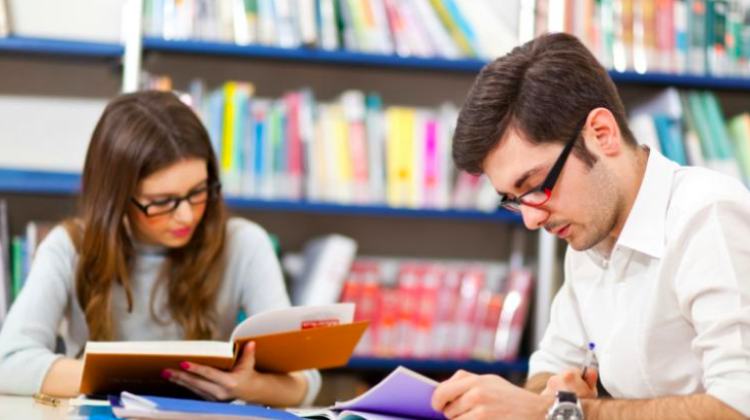Parliamentary committee approved the draft Law 2.0
 Photo: Fotolia
Photo: Fotolia
Parliamentary committee approved the higher education and science bill (also called Law 2.0), and the bill introducing this law. The committee also approved a total of 160 amendments, mainly governmental ones.
On Tuesday and Wednesday, the Sejm Education, Science and Youth Committee worked on the governmental projects of the Law on Higher Education and Science (also called the Constitution for Science or Law 2.0) and the Act introducing the Law on Higher Education and Science.
On Wednesday, the committee recommended more than 50 government amendments to the Law 2.0 and 56 to the Provisions introducing the Law on Higher Education and Science. From the start of the committee meeting on Tuesday there were a total of 160 amendments. According to the Deputy Minister of Science and Higher Education Piotr Müller, this is the third round of amendments to the project, resulting from public consultations; some amendments have been introduced at the request of President Andrzej Duda.
One of the amendments recommended by the committee concerns the requirements necessary to obtain the title of professor. According to the provision, experience in managing grants and activity in international cooperation will not be required.
The committee also approved the amendment, which - in the interpretation of the Ministry of Science and Higher Education - will allow to support more scientific journals that have not yet been included in international databases. Initially it was assumed that there would be 250 such journals. Now, the Ministry of Science and Higher Education wants their number to increase to 500.
Deputy minister Müller announced during the committee meeting that during the committee`s report at the plenary session of the Sejm, it is planned to remove the provision concerning the fast habilitation path. The amendment was proposed by President Andrzej Duda.
The committee rejected all the amendments to Law 2.0 proposed by the opposition, and one proposed for the introductory provisions. Some of them were submitted as minority motions. In total, several dozen amendments were submitted by Joanna Schmidt (unaffiliated), Józef Brynkus (Kukiz`15), Tomasz Jaskóła (Kukiz`15), Adam Korol (PO), Katarzyna Szumilas (PO) and Katarzyna Lubnauer (Nowoczesna), Kinga Gajewska (PO).
On Tuesday, members of the committee (following the motion of Józef Brynkus from Kukiz`15) rejected the government amendment regarding the scope of competences of the Minister of Science. According to the amendment, the Minister of Science would specify, by way of a regulation, "detailed requirements regarding the content of the study program and the manner of its realisation". The committee decided to preserve the original provision of the bill, according to which the Minister of Science will specify, also by way of a regulation, "the requirements regarding the study program" (without specifying the details).
Also on Tuesday, the committee recommended an amendment proposed by Kinga Gajewska (PO) regarding the procedure for granting scholarships - including social aid and scholarships for people with disabilities. According to the original provision in the bill, scholarships would be granted at the request of the student government by the scholarship commission and the appeal scholarship commission, and the decision would be signed by the commission chairperson. According to Gajewska`s amendment, this decision can also be signed by the vice-chairperson authorized by the chairperson of the commission.
PAP - Science in Poland, Szymon Zdziebłowski
szz/ lt/ zan/ kap/
tr. RL
Przed dodaniem komentarza prosimy o zapoznanie z Regulaminem forum serwisu Nauka w Polsce.


















